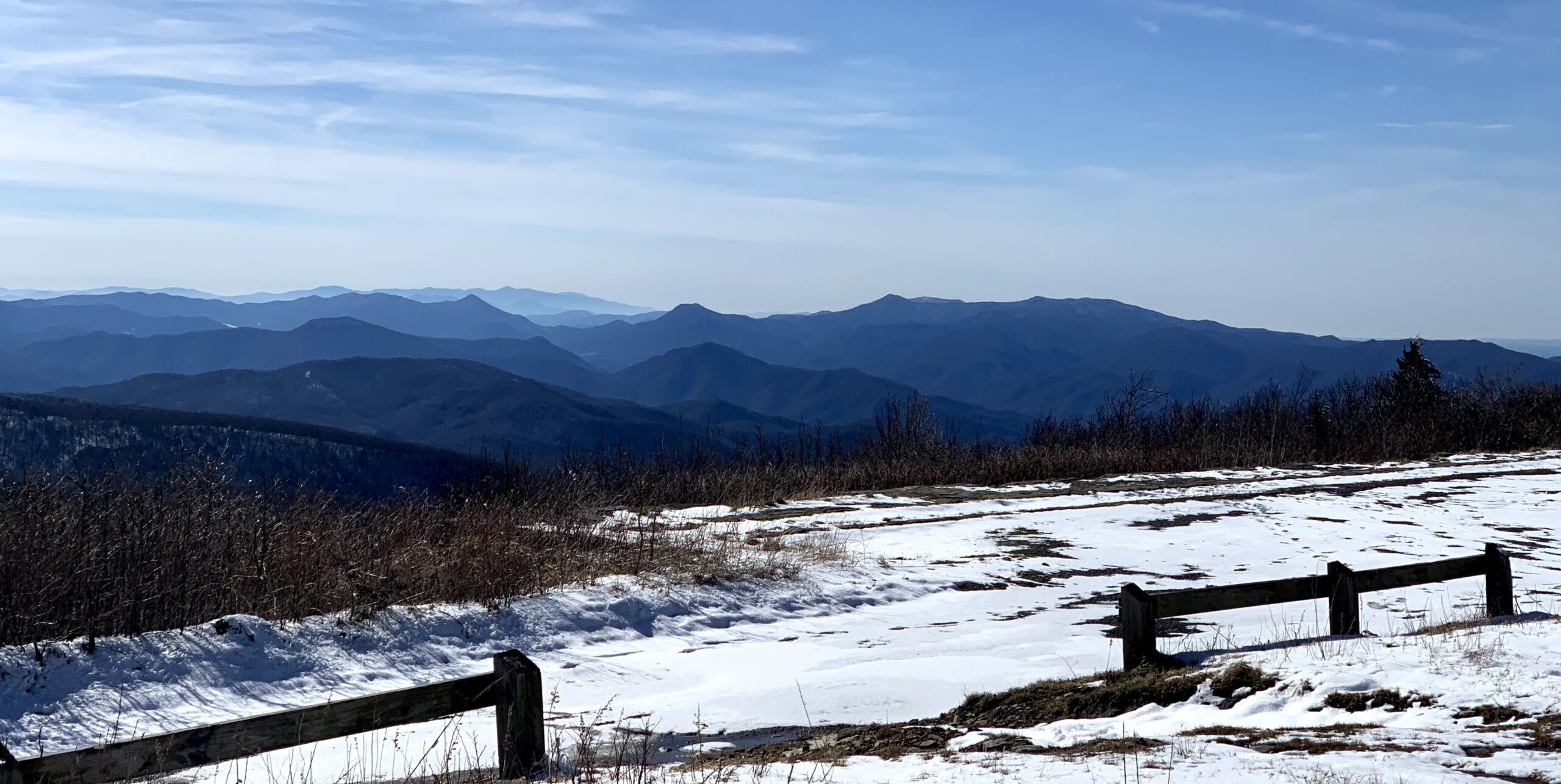Chilly weather has officially arrived in Northeast Tennessee, with frost coating the ground in places like Kingsport, Johnson City, and Bristol. Now that Thanksgiving is in the rearview, many Volunteers are hanging Christmas lights and decorating trees. They are preparing to hunker down for the short, cold days ahead. But what many aren’t considering is how to protect their home and its occupants. Cold weather can result in bursting water pipes and hose spigots. Additionally, the combination of heating your home and plugging in lights pose a fire risk. In this article we will discuss what you should do to protect your home and your family.
Ice: How to prevent freezing pipes
One of the first items on your winter survival checklist should be winterizing your garden hose faucets. Follow these few easy steps in order to prevent costly repairs:
- Remove and drain your water hoses. Store them away from the elements until you need them next spring.
- Turn off valve completely.
- Insulate the valve with a faucet cover. Here is a link to one I recommend.
Next, if your home has a crawl space- there are a couple of things you should consider doing, especially with extreme cold in the forecast.
- Close your crawl space vents. In the summer, crawl spaces can be a valuable tool for removing humid air from the space beneath your home. In the winter, they can allow the ambient temperature to drop to freezing temperatures. Especially with insufficient insulation, this can be a recipe for frozen / bursting pipes. By closing off these vents for the coldest months, you can reduce the likelihood this happens.
- Add insulation to your crawl space. While this is a project that for many is not “Do it yourself”, the cost of hiring a contractor to install insulation could be a wise investment. Many homes in Northeast Tennessee have insufficient or no insulation at all. Not only does this compromise the comfort of your home – it increases the likelihood of frozen pipes. If you are unsure of the status of the insulation beneath your floors, it’s a good time for a home maintenance inspection.
Fire: Protecting yourself from the unexpected.

Overloaded receptacles, faulty wiring, space heaters – these are a few of the many fire hazards that could exist in your home. A house fire may seem unrealistic, but over 11,000 are injured in house fires every year. Proper preparation saves lives. There are a few easy steps you can take to ensure the safety of your family.
- Check your Smoke Detectors. I may be a broken record on this topic, but it’s for good reason. Smoke detectors are your last line of protection in the event of a fire. With the increased fire hazards the winter season brings, it is a great time to test your smoke detectors. To test them, simply press and hold the test button for five seconds. At a minimum, smoke detectors should be placed in every bedroom, outside of sleeping areas, and on every floor of the home. They should be replaced every 10 years, if you are unsure of the age of the smoke detector, it’s a good idea to order and install replacements. Not all smoke detectors are the same, some are designed to detect smoke while others detect flames. I like these detectors available on Amazon, as they do both.
- Check your Carbon Monoxide Detectors. Carbon Monoxide (CO) is a silent killer. This gas cannot be seen or smelled, but if it accumulates in your home, it can be toxic. Combustion devices like gas heaters, fireplaces, and combustion engines produce CO as a by-product. With proper ventilation, the gas will be vented from the home. However, a mechanical failure or improper installation can cause CO to build up in your home. If you don’t have a CO detector, or your detector is over 7 years old, here is one you can purchase online. They should be placed on every floor within 10 feet of bedrooms and near the garage.

Takeaway
The holiday season is a time of celebration and joy for many. Taking some proactive steps to ensure the well-being of yourself and your home is a vital part of the equation. If you want to know more about the condition of your home or for help creating a personalized maintenance calendar, schedule a home maintenance inspection today!



